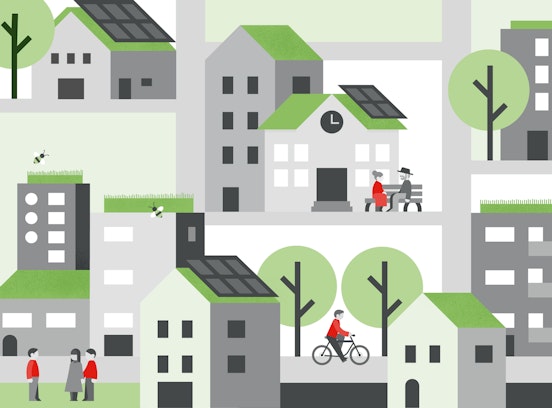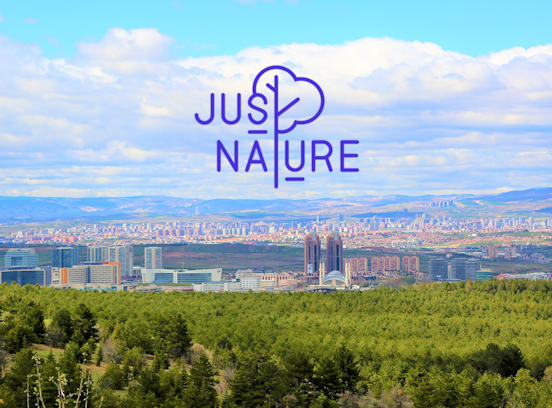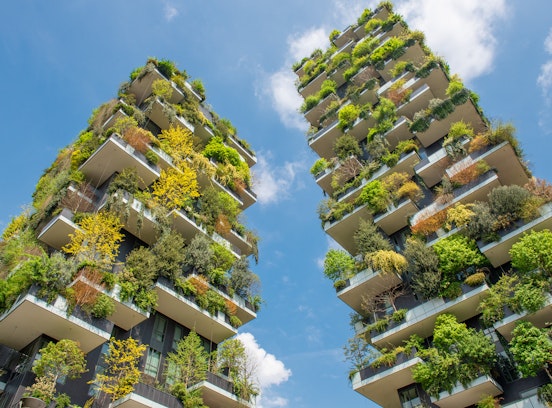JUSTNature
EU H2020 JUSTNature - Activation of nature-based solutions for a just low carbon transition
- Project duration: -
- Project status: ongoing
- Funding: Societal Challenge (Horizon 2020 /EU funding /Project)
- Website: https://justnatureproject.eu/
- Institute: Institute for Renewable Energy
Cities are major energy consumers and significantly contribute to greenhouse gas (GHG) emissions. They have a high density of socio-economic activities and a built environment design that enhance these issues. In this regard, especially developed cities can be exemplars in leading the way towards a low-carbon society, and turning it into an opportunity as recently iterated by the European Green Deal. Such advances can address several other challenges arising from urbanisation and structural socio-economic changes. Cities represent a complex setting, where low income populations are more exposed to environmental ills, environmental and climate impacts are not distributed evenly, environmental qualities are becoming increasingly exclusive to high-income households, and wealthier neighbourhoods are more biologically diverse than others. In this regard, the overall objective of JUSTNature is the activation of nature-based solutions (NbS) by ensuring a just transition to low-carbon cities, based on the principle of the right to ecological space. This in particular refers to the right to clean air and indoor/outdoor thermal comfort for human health and well-being, as well as thriving biodiversity and ecosystems. It also refers to the duty of not constraining the ecological space of others, in particular in relation to the mitigation of climate change and measures required for reducing GHG emissions. JUSTNature will contribute to this vision of shaping low-carbon cities by developing a set of typical Low carbon | High air quality NbS in seven European city practice labs. By activating their just implementation, it will drive the co-design, co-creation and co-decision of supporting interventions with regard to four innovation dimensions: 1) enabling effective governance, 2) enabling NbS system maintenance and operation, 3) enabling innovative business models and market design, and 4) enabling efficient technologies and applications.
Gender empowerment is a key aspect to consider in the just development of Low Carbon | High Air Quality NbS, and as such is a key activity of the project.
Gantioler S, Balest J, Tomasi S, Voltolini F, Della Valle N (2023)
Elsevier BV
Journal article
Energy Research & Social Science
More information: http://dx.doi.org/10.1016/j.erss.2023.103309
Suntinger H, Croce S, Gantioler S (2021)
Internet
More information: https://innovationorigins.com/de/wie-das-recht-auf-oekologis ...
Croce S, Gantioler S (2021)
Presentation/Speech
Conference: Crisi climatica - ciclo di iniziative per restare informati | Lavis | 11.11.2021 - 11.11.2021





















